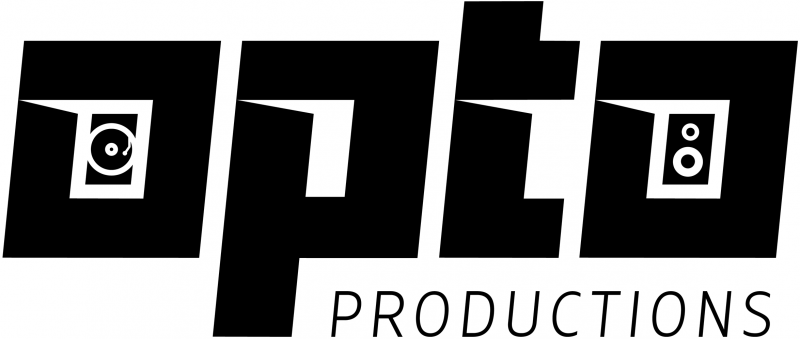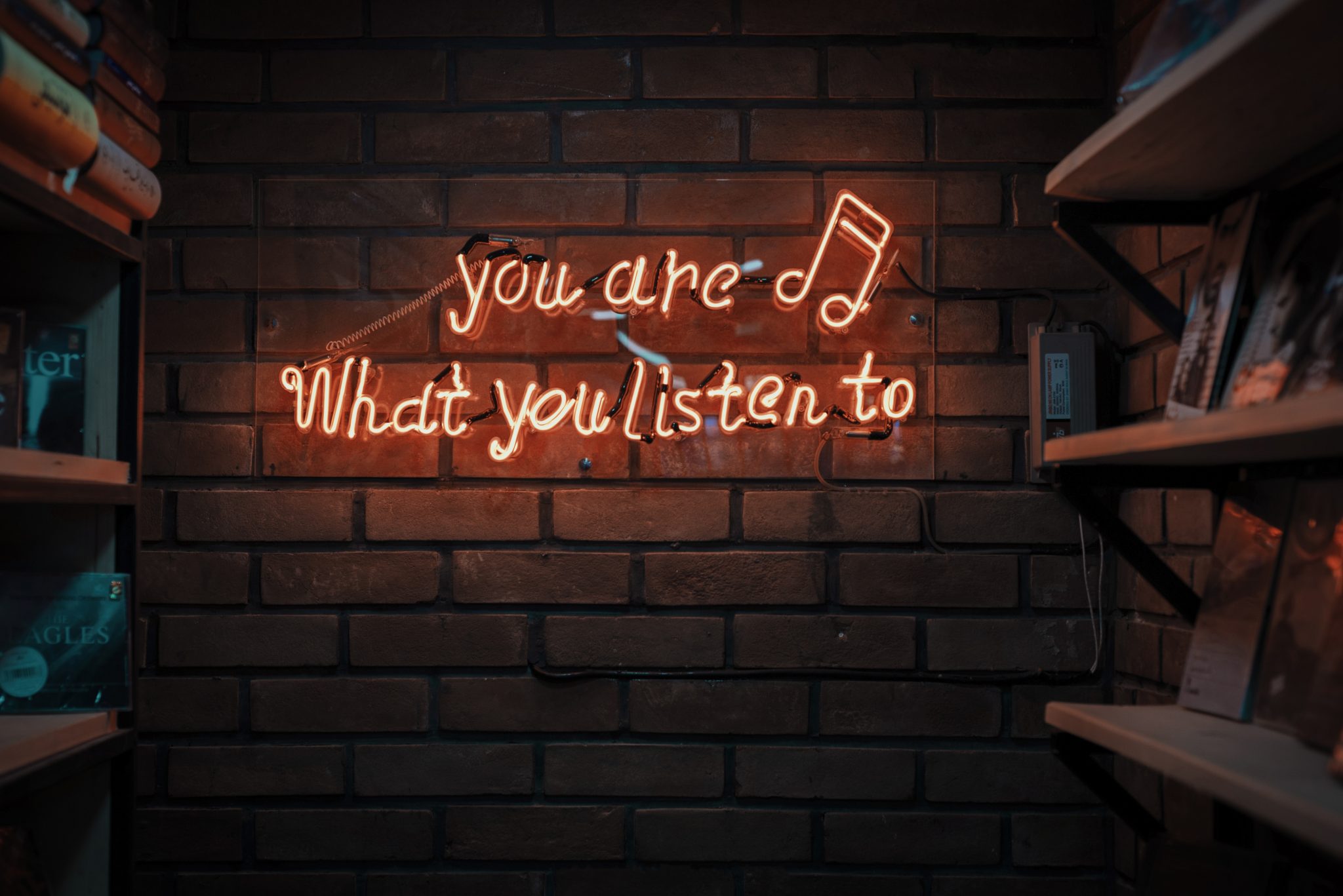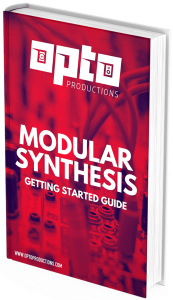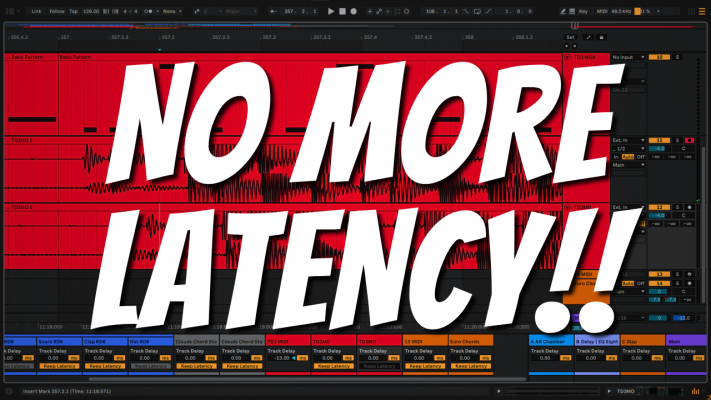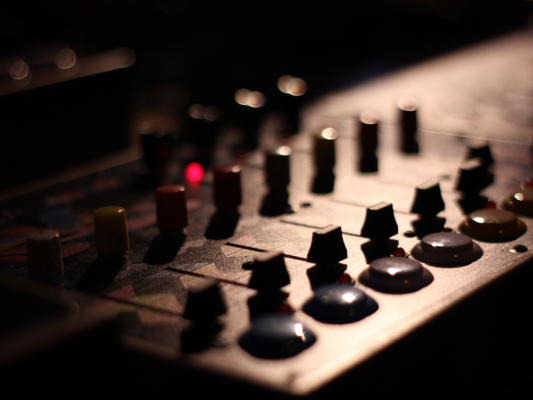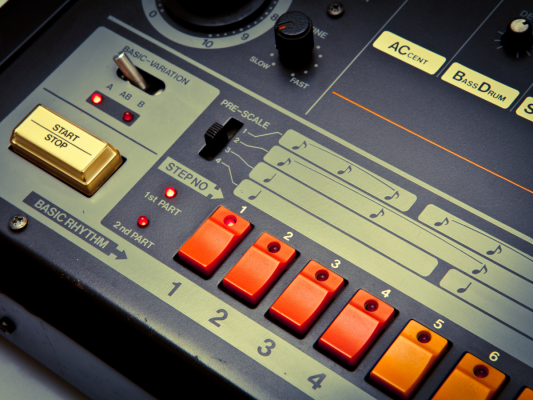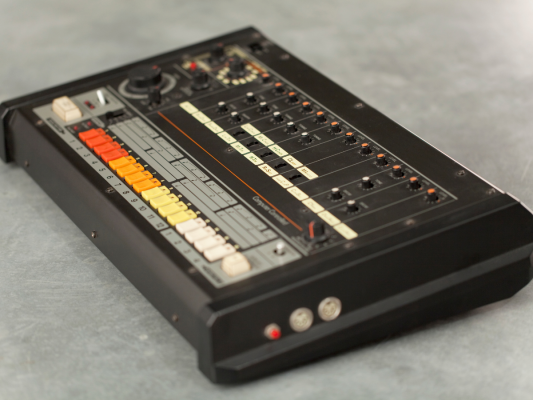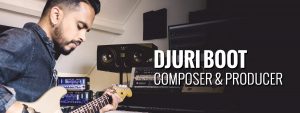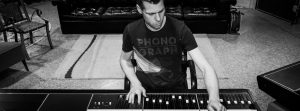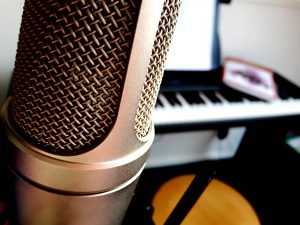How to find your own unique sound?
A lot of artists have a certain sound. Something which differentiates them from the rest. Having your own unique sound doesn’t mean you need to work in only one genre. Your own unique sound will shine through anything you do. It is in your blood, your experience, personal interests, and your view of this world.
Off to the practical world. Let’s say you work in a popular musical genre like EDM. What is it that can set you apart from everyone else? Well, you could use instruments in a different way than everyone else. Think about KSHMR who uses non-western instruments in his productions. He even takes it a step further by using less commonly used modes like harmonic minor or Phrygian.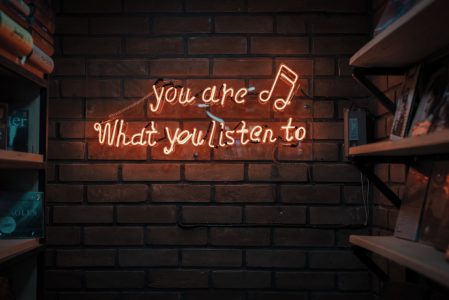
Go against the stream
When everyone moves away from hardware synthesizers, why not do the opposite? Go grab some cheap digital synthesizers on eBay and integrate them in your workflow. A DX7 is extremely powerful when you explore its inner workings. Jody Wisternoff is a good example of someone who makes modern melodic house music with old-school synthesizers.
What about acoustic instruments? Instead of reaching for that one shaker loop you use all the time. Try to record your own shaker loops, cut them up and you just made your own unique sound that nobody else has access to. One reason so much EDM music sounds the same is that everyone uses the same sound packs. Learn to know your synthesizers and start making your own presets!
Try a new synth
Even in the box, there is an enormous potential for finding unique sounds. Native Instruments’ Reaktor has a huge factory library of unique sound generators, drum computers, samplers and synthesizers. There are even users who create their own synth’s and share them online. Or, if you dare, try to dive deep in Reaktor and build a synth yourself.
Buying a field recording and going outside for some fresh air might do you even more good. There are loads of different sounds in our everyday lives begging to be recorded. Resample those recordings, filter them, add delay, reverb, or any other effect and you have some new unique sounds to play around with.
Sound is in the way you work
By ‘sound’ I not only mean the literal sense of the word. Sound is also about the way you work, your workflow or creative process. Maybe you don’t want everything to be quantized 100% to the grid. Maybe you like the human feel of playing an instrument and letting it breathe. Maybe you like to finish a track in an hour and then come back a week later to remix it completely.
What about doing something else than only introducing new elements every 4,8 or 16 bars? Why make loops at all? Dance music used to be something new and experimental. The structure seems to be set in stone nowadays and everyone uses the same form. We should stop looking at what other people do and listen to ourselves. If you truly want to develop your own unique sound you should make what you want to make. Not what you think other people might want to hear.
